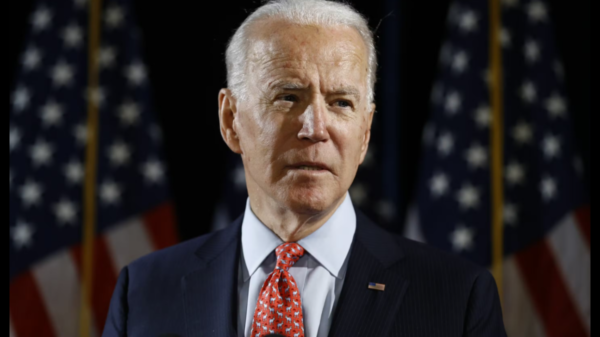
Over the last month, the harrowing and bloody conflict between Israel and Palestine has taken center stage for much of the world to agonizingly witness from afar.
Officials estimate that more than 11,000 people have been killed in Gaza so far, including 4,500 children. The bloodshed has taken an intolerable and inhumane form with reports revealing the torture, captivity, and severe lack of humanitarian aid that innocent civilians have been forced to endure for weeks.
Israel has refused calls for a cease-fire and, instead, recently opted to implement four-hour pauses in their assault on parts of the northern Gaza Strip to allow civilians to receive aid and evacuate. Their recent airstrikes have targeted several Gaza City hospitals. Israel refuses to halt their attacks until the Hamas militant group surrenders or is wiped out.
While that conflict has drawn eyes all over the globe, few headlines have captured much attention about the war in Sudan that’s resulted in one of the most intense refugee displacement crises to date.
In April, war broke out between rival militaries in the country, forcing more than six million people from their homes, half of which are children. Officials report that about 4.8 million people have been displaced internally, while 1.2 million people — mostly women and girls — have fled to the neighboring country of Chad.
UNICEF reported that this war has caused the “largest child displacement crisis in the world.” More than three million children were forced to flee their homes and nearly 14 million in all of Sudan require humanitarian aid, including food, shelter, and healthcare. Yet, more than 70 percent of Sudan’s health care facilities were forced to shut their doors due to the conflict.
Much of the violence has broken out in the Darfur region between the Sudanese Armed Forces (SAF) and the Rapid Support Forces (RSF) fighting for control of the government. At least 9,000 people have been killed and more than 12,000 injured, according to recent estimates.
Reuters reported that between April and June this year, the RSF and allied Arab militias conducted weeks of systematic attacks targeting the Masalit, a majority ethnic African tribe. The International Crimes Court launched an investigation after the discovery of mass graves filled with 87 members of the Masalit community who refugees report were killed in an ethnically driven massacre.
This sudden outbreak of civil war is directly connected to the Sudanese government’s fraught tensions and neglect toward the country’s non-Arab and Arab pastoralists in Darfur that goes back decades.
After the government forced them to fight over fertile land and water resources, former President Omar al-Bashir aggravated tensions in 2003 by pitting both groups against each other, sparking a rebellion. He mobilized and armed Arab militias and then charged them with the task of subduing non-Arab rebels. The resulting conflict claimed the lives of 300,000 people who died from combat, famine, or disease.
Now, those Arab militias fight under the RSF banner and continue to target non-Arabs in this current war.
Both the SAF and the RSF did work together in 2019 to topple the al-Bashir regime and launched a successful coup in 2021. Afterward, questions arose about how or if the RSF would then be integrated into the SAF. Negotiations stalled and tensions rose, leading to the most recent conflict between both armies.
The RSF recently carried out another massacre on Nov. 2, in which they attacked an army base in West Darfur and executed 1,300 people and 2,000 injured. Around 310 people remain missing. Officials say it might amount to the single largest mass killing since the civil war erupted in April.
Regarding international intervention, the U.S. hasn’t made much headway in convincing both militaries to conduct ceasefires. However, just this month, both sides agreed to allow humanitarian aid to move more freely.







You must be logged in to post a comment Login